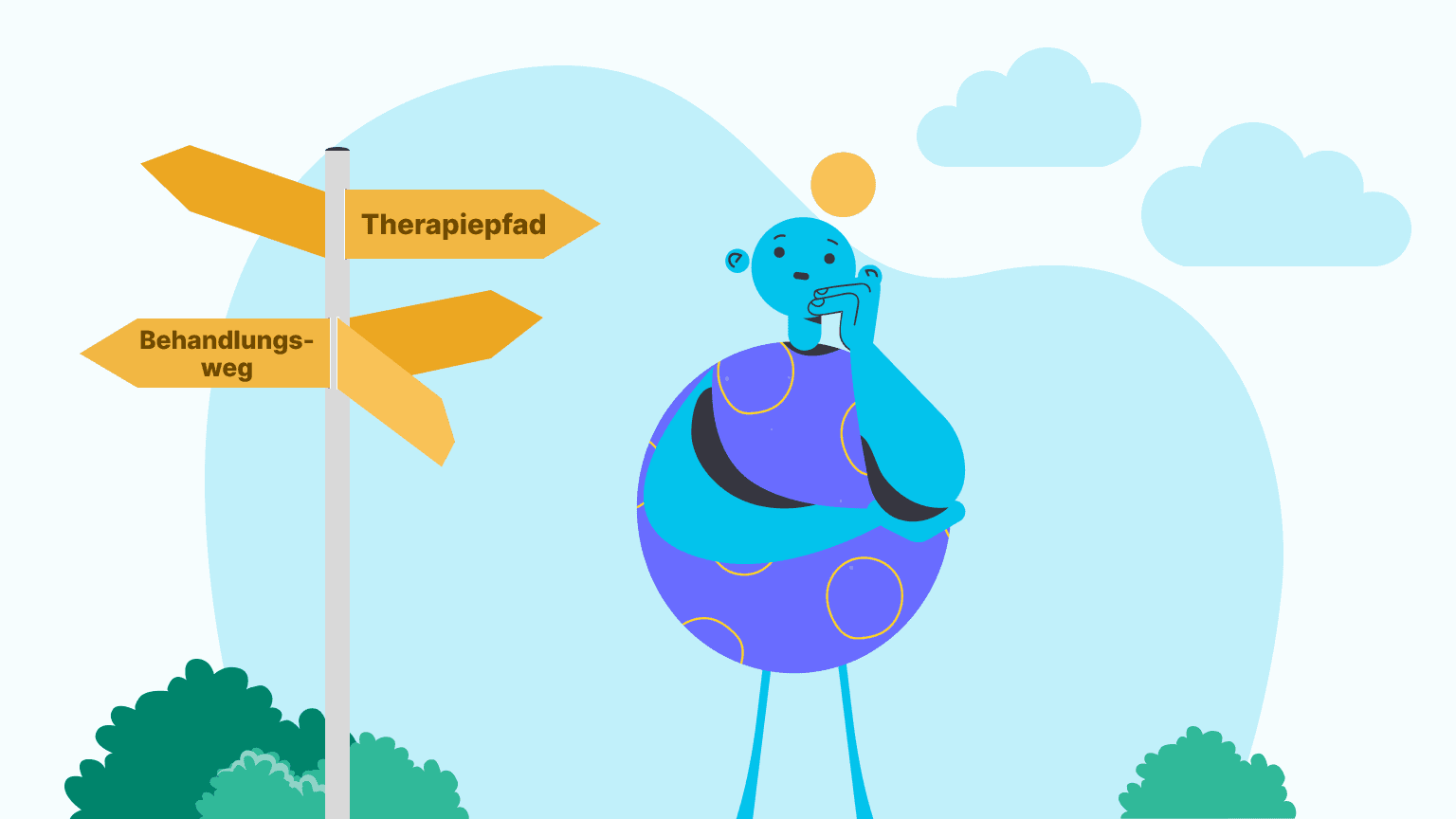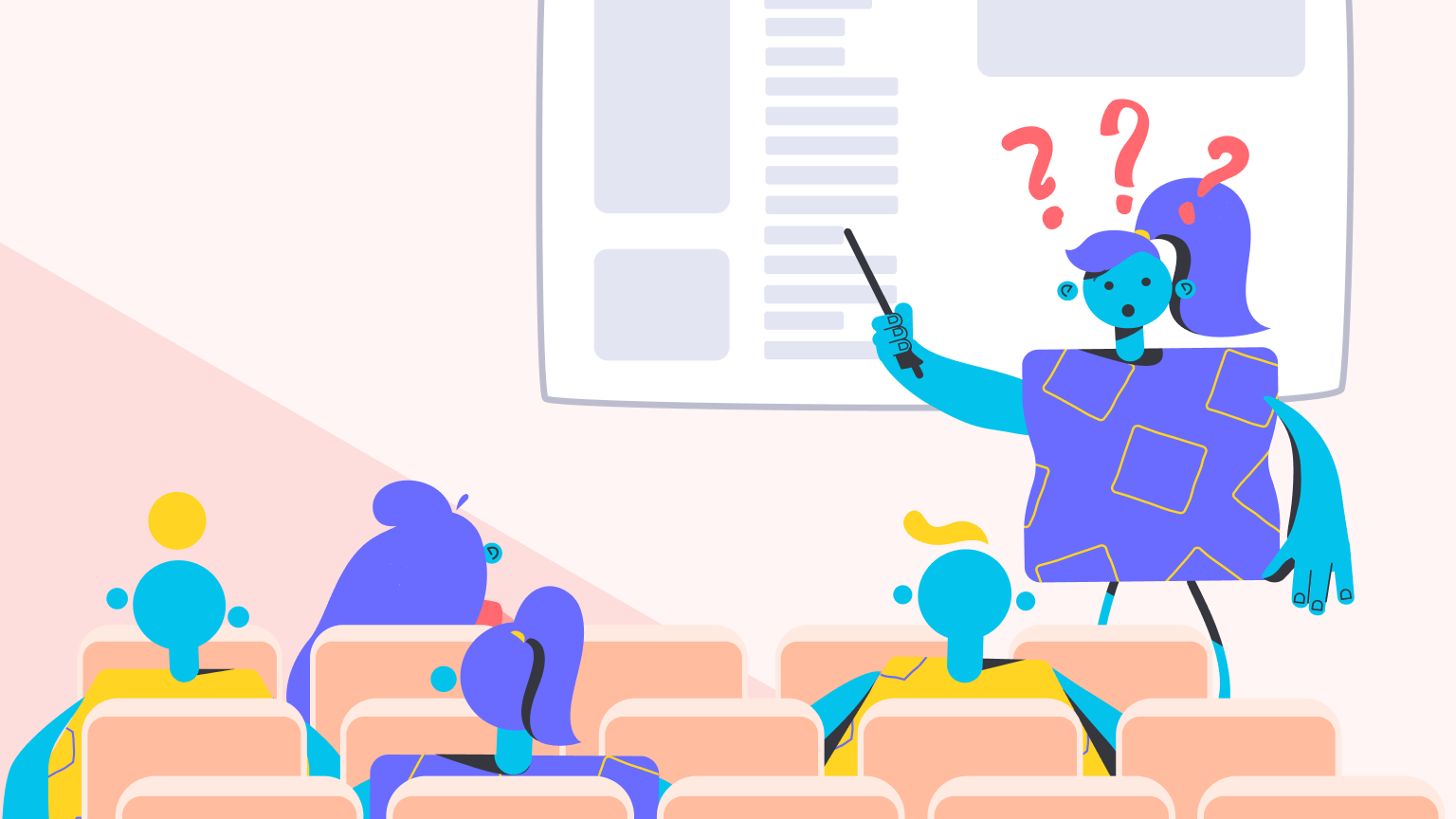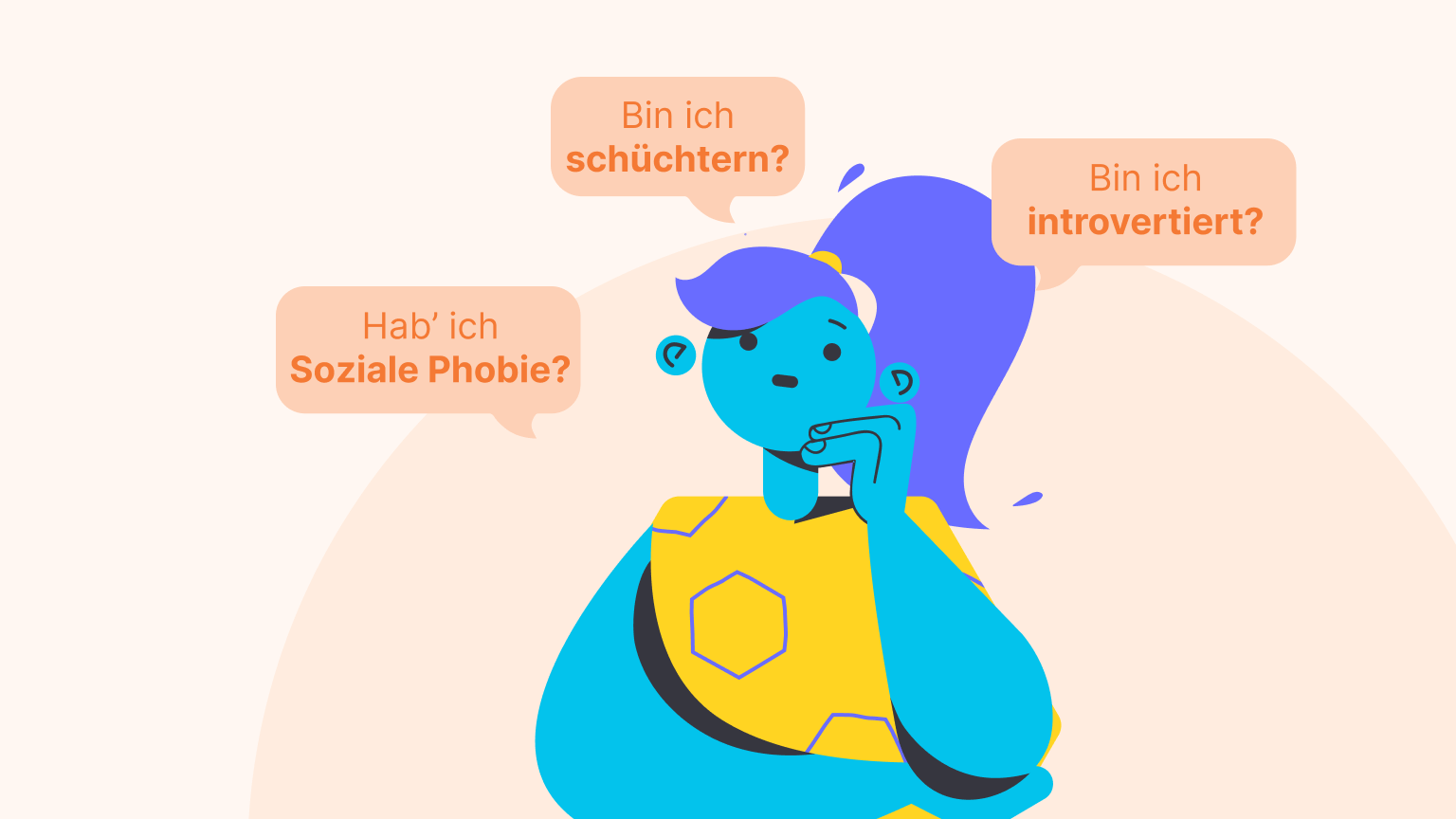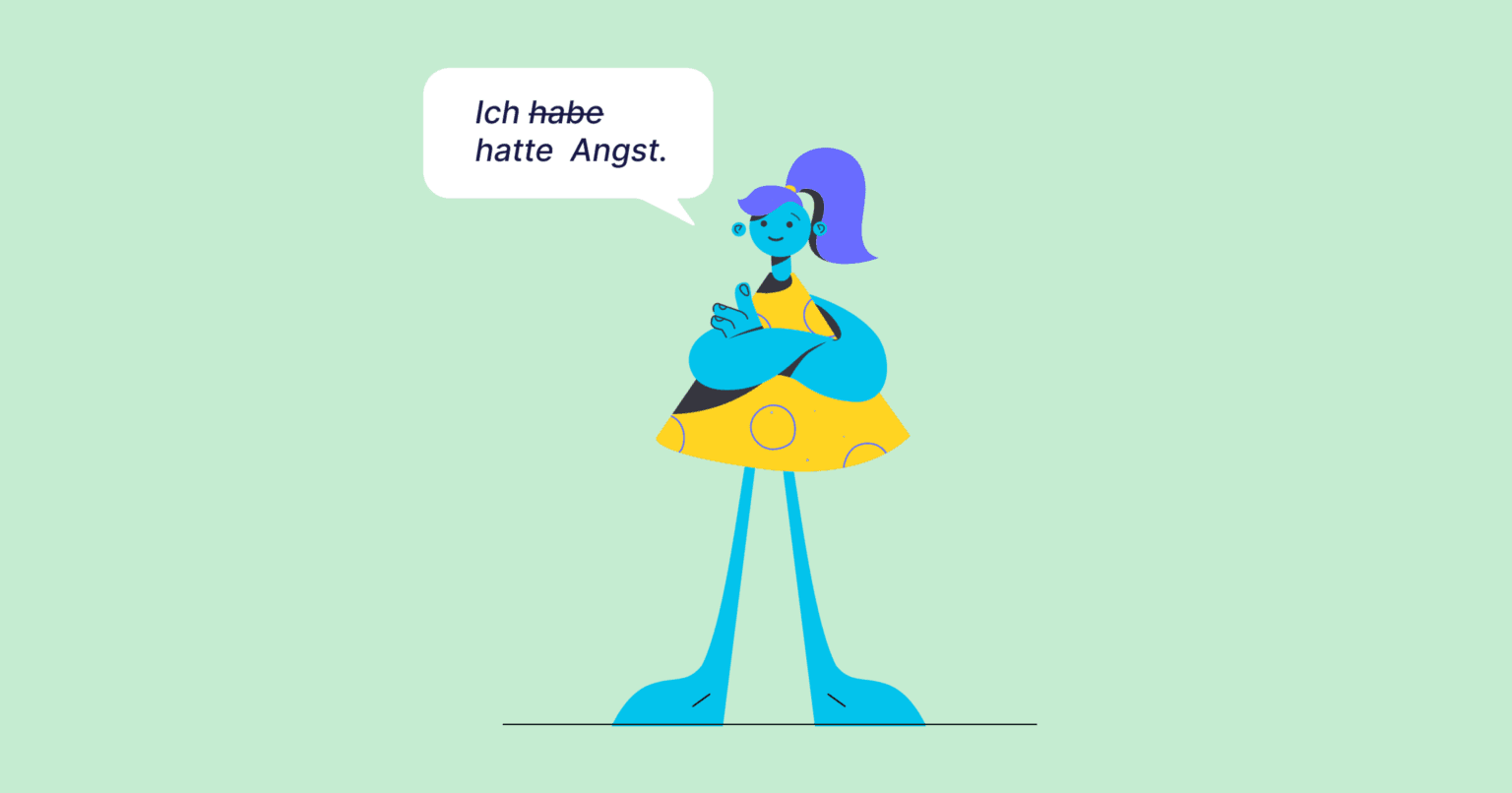Between Books and Concerns - How Social Phobia Affects University Life

University should be an exciting time in every student's life. However, some of us face an invisible challenge.
Just the thought of social interactions and campus life can be overwhelming – and not just for people with a diagnosis.
Social phobia at university can manifest in various ways and significantly affect the academic experience.
Isolation and Avoidance
The pressure to succeed at university is often also a burden. The fear of presentations, group work, or simply entering a crowded lecture hall can negatively impact your academic performance. It's not just about the performance itself, but also about symptoms perceived as embarrassing, such as blushing.
Here it can be helpful to engage with your particular degree program:
For example, does it rely heavily on presentations, or are there many opportunities for written papers and exams?
Use the first semesters to get to know the professors. Which ones suit you better, which less?
Remember that you should complete your studies at your own pace.
Missed Opportunities
Between lectures, applications, and spiraling thoughts, it's difficult to find the energy for internships, study groups, or other activities that could promote your personal and professional development. This can have long-term effects on career prospects and motivation.
Try to stay informed and play to your strengths. You'll surely find an activity or club at your university where you generally feel more comfortable and have fun.
Furthermore, relaxation exercises or imaginative techniques can lower your general stress level and thus give you more capacity for social interactions.
Finding Help
The most important step for you is to recognize these patterns and behaviors in order to counteract them early. The fear of being negatively judged when addressing the issue usually presents the biggest hurdle on the way to improvement. Therefore, it's important to know that you're not alone.
Universities often offer psychological counseling services. Contact points for support include departments for "Studying with Impairments," counseling from the student union (AStA/StuRa), and the student services office.
For any disability accommodations, you typically need a letter from your doctor or therapist.
Try to encourage yourself to take advantage of these resources. In addition to prescription-based instant help apps like Mindable: Social Phobia, there are also self-help groups and online communities where you can find support and advice.
Conclusion
Social phobia at university can present a significant challenge, but it is surmountable. It's important to be aware of the effects and seek support. With the right help and strategies, you can manage social anxiety and enjoy a fulfilling and successful academic experience.




